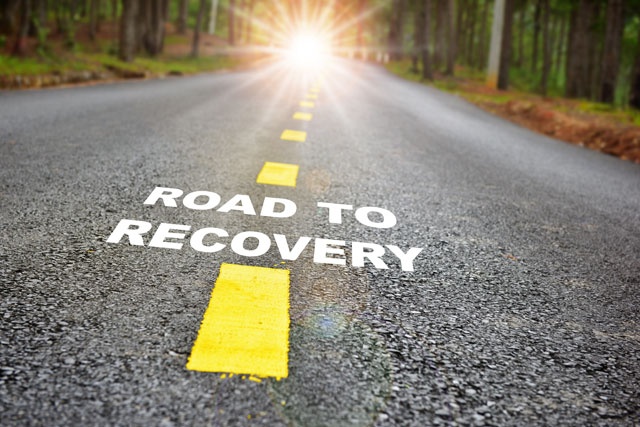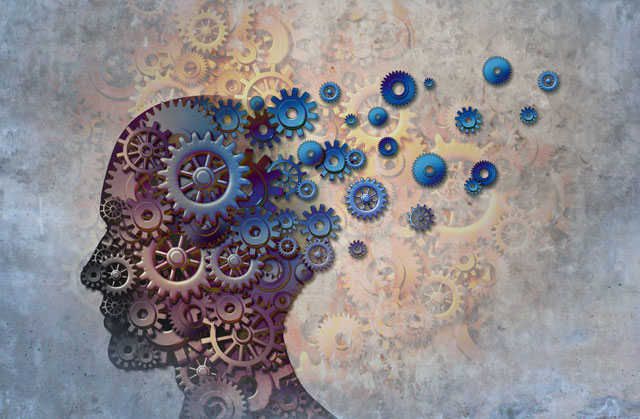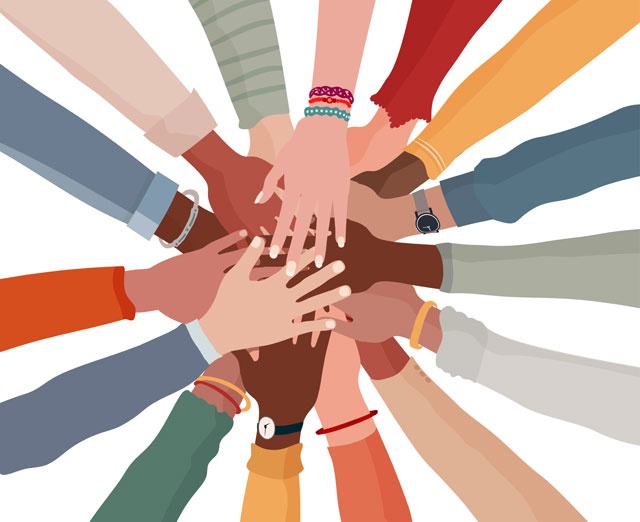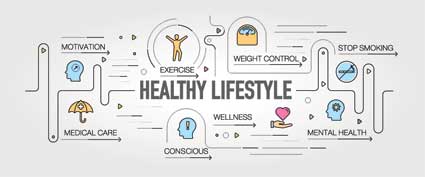Course Description
In this historic period in the United States, each one of us encounters some aspect of drug and alcohol abuse, whether it is a family member, a friend or neighbor, a student, a person on the street -- or yourself. We are all affected in some way, whether in terms of personal quality of life, or potential safety issues on the highway. You may view substance abuse as simply a social concern, or perhaps you are already experiencing a full-blown problem and seek answers for yourself or others. Regardless, it is important to educate ourselves about the causes, consequences, and solutions of this persistent condition in our society.
Divided into two parts, this course has been developed for educators, parents, counselors, teens, or anyone with the desire to explore these issues, and who may be looking for methods of recognizing, coping, and dealing with drug and alcohol abuse. Part I delves into drug and alcohol history, facts, abuse, and addiction. Part II presents some nuts and bolts of prevention, intervention, and treatment options, along with a plethora of resources.
You may know a troubled adolescent or teen who is experimenting, or someone whose addiction is clearly affecting his or her life. You may be one of these people. The aim of this course is to provide general guidelines regarding what we currently know about substance abuse, as well as helpful resources and possible solutions.
NOTE: Although it is universally acknowledged that tobacco and coffee are addictive substances, for the purposes of this course, they will not be addressed.
Today in the U.S., the most commonly abused drugs are alcohol, marijuana, cocaine, ecstasy, heroin, methamphetamines, LSD, and various prescription drugs, such as pain-killers and sleeping aids. Problems with alcoholism and addiction are prevalent among teenagers; however, many other sectors of our culture are affected, as well. Alcohol abuse, in particular, spans every age group and social class.
The most vulnerable and active group of drug abusers are, unfortunately, adolescents and teenagers. A tremendous amount of material has been written, recorded, filmed, and lectured about "peer pressure," a heavily used term. Perhaps "pressure" is not the best word, in this case. Teens and adolescents, who are developing an adult sense of self, may simply feel compelled to fit into their peer group as they search for some new meaning to their changing lives. Facing a time when they will no longer be under parental control, the adolescents' urge to begin asserting themselves is strong, and the desire for acceptance and belonging to a group that is not family feels like a matter of survival to some. In cases where the family unit is not strong, and where there is trouble, neglect, misunderstanding, or a host of other common problems in the immediate family, the urge to belong to a new family becomes even more powerful.
Adolescents and teens are the most susceptible to drug and alcohol use. In this period of life, all people are compelled to explore their options about who they want to be, how they want to be seen by others, and how they might fit in with their peers. When the family unit is not strong, (and sometimes even when it is) young people who are not feeling particularly stable at this age anyway, are likely to experiment with whatever their friends are using. Although statistics show that there are many bad outcomes to this behavior, teens often simply want immediate gratification, and cannot imagine the effects of drug use on their future.
Drugs, across the spectrum, are readily available to young people, who are, perhaps, the most vulnerable to addiction. Of course, people of all ages are subject to drug abuse. Prescription drugs have become as commonly abused as illicit drugs, since they tend to create a euphoric state. There are endless accounts of those who go from doctor to doctor for new prescriptions of the popular pain reliever, Oxycontin, often not only for personal use, but for the purpose of selling to others.
The elderly are particularly vulnerable, since they are often prescribed a number of different drugs for various conditions, including pain. If not monitored, elderly folks can become confused, or simply develop a preference for the drugs that make them feel the best.
- Completely Online
- Self-Paced
- 6 Months to Complete
- 24/7 Availability
- Start Anytime
- PC & Mac Compatible
- Android & iOS Friendly
- Accredited CEUs

Learning Outcomes
- Describe drug and alcohol abuse -- awareness, counseling, and prevention.
- Summarize availability of drugs.
- Describe why humans abuse substances.
- Summarize dependence and addiction.
- Summarize effects of use and dependency -- potential social consequences of substance abuse.
- Describe prevention in the home.
- Summarize schools and drug use.
- Summarize workplace prevention techniques and policies of drug use.
- Determine assessment and intervention of drug abusers.
- Determine drug abuse treatment.
- Summarize following up techniques.
- Demonstrate mastery of lesson content at levels of 70% or higher.
Assessment Guide
| Assessment | Points |
|---|---|
| Lesson 1 Assignment | 2 points |
| An Introduction | 1 points |
| Lesson 1: Introduction - Drug and Alcohol Abuse: Awareness, Counseling and Prevention | 9 points |
| Lesson 2 Assignment | 2 points |
| Lesson 2: Availability of Drugs | 9 points |
| Lesson 3: Why do Humans Abuse Substances? | 10 points |
| Lesson 4 Assignment | 2 points |
| Lesson 4: Dependence and Addiction | 9 points |
| Lesson 5: Effects of Use and Dependancy - Potential Social Consequences of Substance Abuse | 10 points |
| Lesson 6 Assignment | 2 points |
| Lesson 6: Prevention in the Home | 10 points |
| Lesson 7: Schools | 10 points |
| Lesson 8 Assignment | 2 points |
| Lesson 8: Workplace Prevention | 10 points |
| Lesson 9: Assessment and Intervention | 10 points |
| Lesson 10 Assignment | 2 points |
| Lesson 10: Treatment | 9 points |
| Lesson 11 Assignment | 2 points |
| Lesson 11: Following Up | 10 points |
| The Final Exam | 52 points |



























